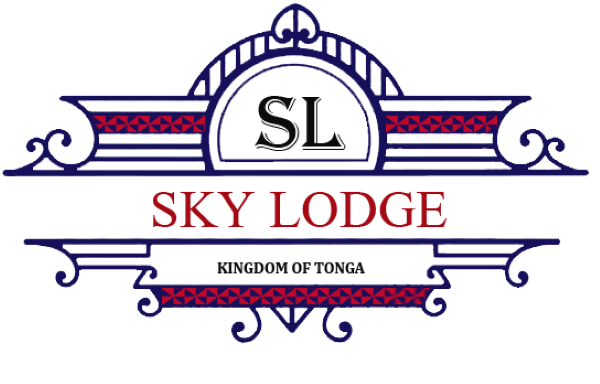Introduction to Tongan Language

The Tongan language, known as “lea faka-Tonga,” holds a significant place in the cultural identity of the Tongans. As one of the oldest Polynesian languages, It is a bridge connecting the Tongan people to their ancestors and traditions. Understanding even a few basic Tongan phrases can make your trip to Tonga even better. It shows the locals you respect their culture and want to connect with them.
Learning Tongan doesn’t have to be hard. Unlike some languages, Tongan pronunciation is fairly easy. The letters are mostly pronounced exactly how they sound in English, with a few exceptions. For example, the “ng” sound is like saying “sing.” With a little practice, you’ll be speaking Tongan in no time! Although most Tongans speak English, locals will appreciate your effort and willingness to try. So why not learn a few Tongan phrases today?
Basic Greetings and Courtesies
One of the most common greetings is ‘Malo e lelei’, which translates to “Hello.” This phrase is widely used and appropriate for any time of the day.
To ask someone how they are, you would say ‘Fefe hake?’ meaning “How are you?” The typical response is ‘Sai pe malo’, which means “I am good, thank you.”
These simple exchanges can go a long way in showing respect and friendliness.
Politeness is a cornerstone of Tongan culture, and there are several phrases that reflect this. For instance, ‘Tulou’ is used to say “Excuse me.” This phrase is particularly important in crowded places or when you need to pass by someone.
Another essential phrase is ‘Kataki’, meaning “Please.” Using ‘Kataki’ when making requests can help you come across as courteous and respectful.
Expressing gratitude is equally important. The word ‘Malo’ translates to “Thank you” and is used frequently in daily interactions. Whether someone offers you assistance or a friendly gesture, responding with ‘Malo’ is a simple yet effective way to show appreciation.
Additionally, in more formal or extended expressions of gratitude, you might hear ‘Malo ‘aupito’, which means “Thank you very much.”
You can learn more useful phrases here.
Numbers and Basic Counting in Tongan
Being able to count and understand numbers will be handy. Here is a handy guide to help you navigate these everyday situations.
The numbers in Tongan are as follows:
| Taha | One |
| Ua | Two |
| Tolu | Three |
| Fa | Four |
| Nima | Five |
| Ono | Six |
| Fitu | Seven |
| Valu | Eight |
| Hiva | Nine |
| Hongofulu | Ten |
| Taha taha | Eleven |
| Taha ua | Twelve |
| Ua noa | Twenty |
| Tolu noa | Thirty |
| Teau | One Hundred |
| Ua ngeau | Two Hundred |
| Tolu ngeau | Three Hundred |
| Taha afe | One Thousand |
To help you pronounce these numbers correctly, it is useful to note that the letter “u” in Tongan is pronounced like the “oo” in “food,” and the letter “a” is pronounced like the “a” in “father.” For example, “Tolū” is pronounced as “To-loo.”
Here are some practical examples of how to use these numbers in conversation:
Shopping at a Market:
Fiha kataki? – How much is this, please?
Pa’anga Hongofulu – Ten pa’anga.
Fiha katoa? – How much is everything altogether?
Pa’anga e Teau – 100 pa’anga altogether.
Learning these basic numbers and their usage in Tongan phrases will not only make your stay more enjoyable but also enrich your experience as you interact with the local community.
Learn more here.
Practice these phrases and you’ll find yourself navigating Tonga with ease.
When planning your visit to Tonga, finding the right accommodation can significantly enhance your travel experience. Sky Lodge stands out as an exceptional choice for tourists due to its blend of comfort and exemplary customer service. Nestled in a prime location, Sky Lodge offers a serene environment, modern amenities, and spacious rooms designed to make your stay as relaxing as possible.
Choosing Sky Lodge as your accommodation in Tonga guarantees a comfortable stay, excellent service, and the perfect setting to practice your Tongan language skills. Don’t wait, reserve your room now.
